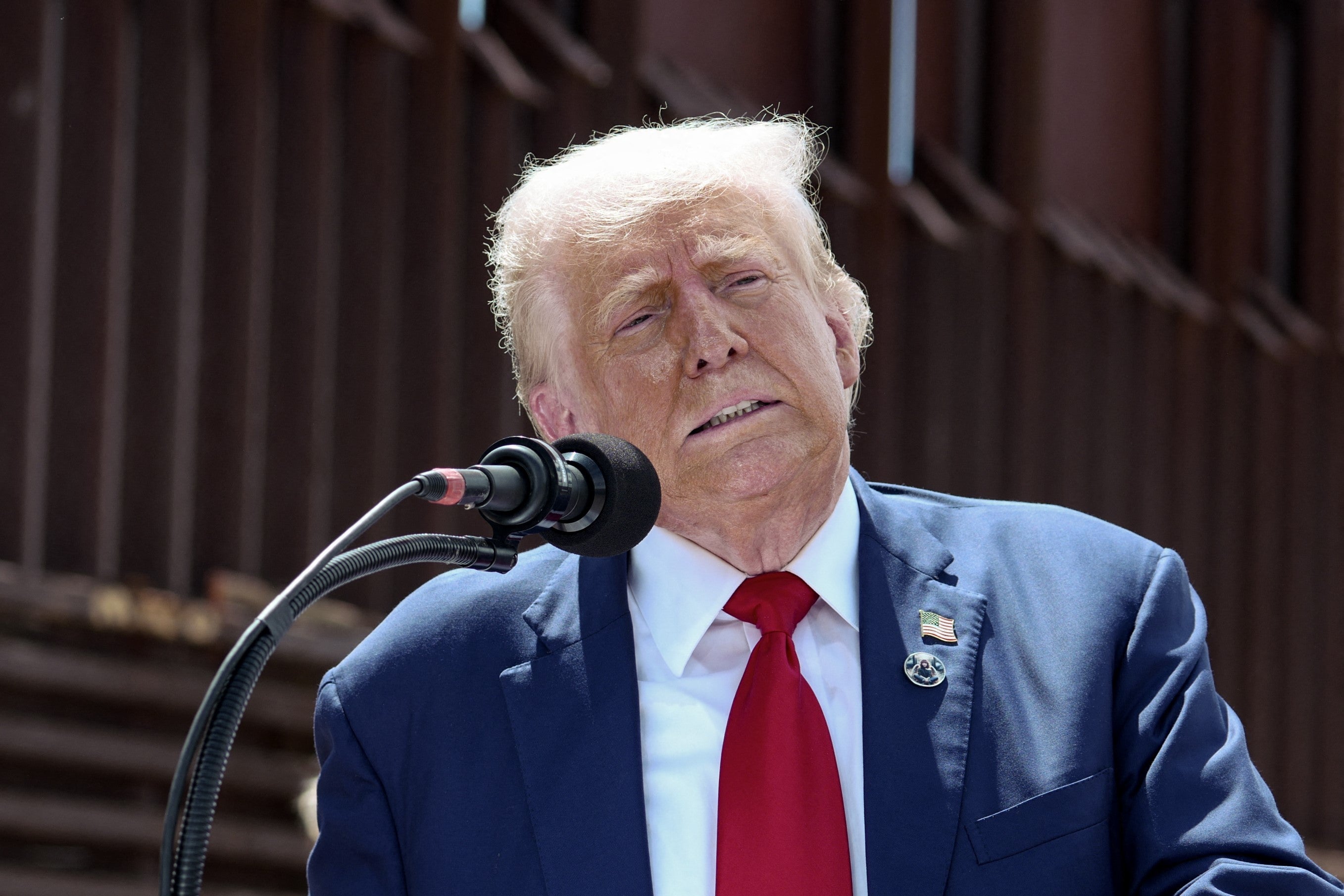The Rise of Bitcoin in the Modern Economy
In recent years, Bitcoin has transitioned from a niche digital currency to a significant player in the global economy. Its rise can be attributed to various factors, including institutional investment, monetary policy shifts, and the growing public interest in decentralized finance. Investors and financial analysts alike are taking a closer look at Bitcoin, seeking to understand its potential as a store of value and a hedge against inflation.
Bitcoin’s impressive upward trajectory over the years.
Institutional Investment: A Game Changer
The influx of institutional investment into Bitcoin marks a critical turning point for the cryptocurrency. Corporations like MicroStrategy and Tesla have publicly announced significant Bitcoin purchases, signaling confidence in its viability. These endorsements not only lend credibility to Bitcoin but also stir interest among retail investors. According to industry reports, the entry of major institutions has led to increased liquidity in the market and has helped stabilize prices.
“The entrance of institutional players has fundamentally changed the dynamics of the cryptocurrency market.”
Market Volatility and Its Implications
Despite its growing adoption, Bitcoin remains highly volatile. Price swings are often dramatic, causing concern for both new and seasoned investors. However, analysts argue that this volatility presents unique investment opportunities. As more individuals and organizations adopt Bitcoin, its price may stabilize over time. While price corrections are common, the long-term outlook appears bullish amidst a backdrop of increasing adoption and utility.
Fluctuations in the cryptocurrency market present both challenges and opportunities for investors.
Bitcoin as Digital Gold
Many enthusiasts compare Bitcoin to gold, citing its scarcity and potential as a safe-haven asset. With a capped supply of 21 million coins, Bitcoin is designed to resist inflationary pressures. In uncertain economic climates, more investors are turning to Bitcoin as they would with traditional gold. This growing perception could bolster Bitcoin’s market position further, resulting in more widespread acceptance in the financial ecosystem.
Regulatory Landscape
As Bitcoin gains traction, the regulatory landscape is evolving. Authorities around the world are grappling with how to approach cryptocurrencies, balancing innovation with investor protection. The U.S. Securities and Exchange Commission (SEC) has been actively scrutinizing various crypto exchanges, resulting in heightened regulatory measures. Clarity from regulatory bodies could provide a more robust framework for Bitcoin’s integration into mainstream finance.
The evolving regulatory landscape plays a crucial role in the future of Bitcoin.
The Future of Bitcoin
Looking ahead, Bitcoin’s trajectory remains uncertain but promising. Factors such as technological advancements, market demand, and regulatory shifts will shape its future. For those invested in Bitcoin, understanding these dynamics is crucial for navigating the ever-changing landscape of cryptocurrency.
Engagement in Bitcoin is not just an investment; it signifies a movement towards decentralization and financial empowerment. As Bitcoin continues to mature, its role in the economy will undoubtedly expand, presenting new opportunities for both investors and innovators alike.
In conclusion, the growth of Bitcoin over the past decade encapsulates a significant shift in the perceptions of digital assets. With increasing institutional participation, the narrative continues to evolve, positioning Bitcoin as an essential component of the modern financial ecosystem.


 Photo by
Photo by 












